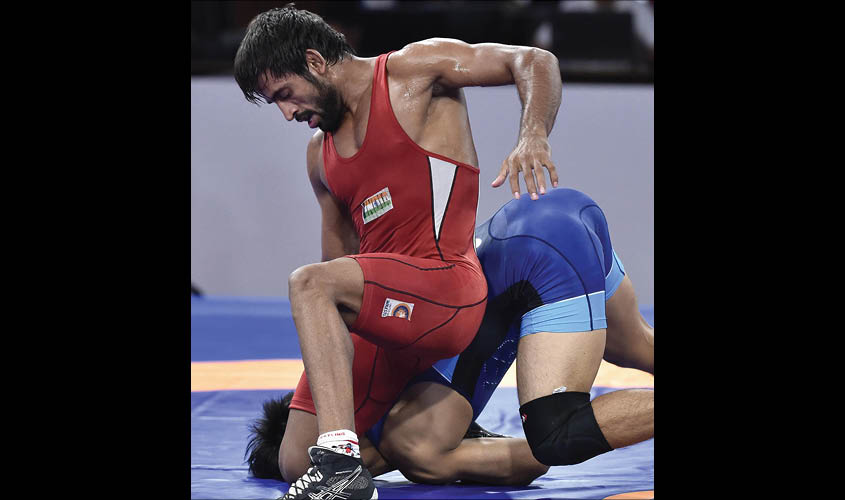A sportsperson’s career is uncertain. Tomorrow may never be the same as yesterday, keeping the scope of injuries and the dwindling forms in mind. Thus, not being recognised for the prestigious awards, after spectacular performances, is considered a lost opportunity. And so, every time when the national awards are announced, controversies crop up over selection of the awardees, with some or the other player expressing their discontent for not being nominated for the honours.
This time when the Khel Ratna award was announced, controversies walked hand in hand with it. The charm of the highest sports honour was spoilt when wrestler Bajrang Punia cried foul for “being ignored”. Flaunting his Commonwealth and Asian Games gold medals, Punia claimed that he stands out in the points tally than India cricket captain Virat Kohli and weightlifter and World Champion Mirabai Chanu, who are shortlisted for the award.
However, the present points system is not inclusive of all events
“Under the point awarding system, tennis and cricket have no scores at all, so that is for the committee to understand that how it [award] is given,” Ashwini Nachappa, a former athlete and member of the Arjuna and Khel Ratna awards selection committee, tells The Sunday Guardian.
Nachappa opined that for Khel Ratna, a player has to give a remarkable performance and Chanu, by that definition, is the only Indian woman current world champion. “You cannot compare Asian Games and Commonwealth Games to a World Championship. Period,” she says, rebutting Punia’s objection.
According to the rules, Khel Ratna is conferred to an individual sportsperson only and the condition is relaxed only in exceptional circumstances. Reiterating the set norms, Nachappa says, “Khel Ratna is awarded to only one person. The government makes a provision for two, as we have done earlier, then Virat’s name comes into the picture. The first one was to Chanu, then after the provision, it goes to Virat as the second name.”
The norms have been relaxed earlier too. In 2016, there were four recipients of the award. Nachappa, however, said that the committee will not reconsider Punia’s name as there will always be someone who will remain unsatisfied. “We can increase the number to 20 also, who cares. But there has to be some sanctity in an award,” she says.
Dissatisfied with the selection of the awardees, Punia was contemplating to knock court’s door demanding “justice” for him. However, a source told The Sunday Guardian that when Punia was explained the selection process, he withdrew the idea of taking legal action.
The complex point system
Many confuse the point system to be the only selection criterion for the Khel Ratna award. However, as per the rules governing the award scheme, it is only one of the criteria.
The present point system, introduced in 2014, evaluates a sportsperson’s performance during the last four years and up to conclusion of Olympic Games, Commonwealth Games, Asian Games and World Championship. But the award scheme also mentions that the point comparison is to be done within the discipline and not across disciplines.
“The Selection Committee may not mechanically recommend Rajiv Gandhi Khel Ratna to recipient of the highest marks across disciplines. But in a particular sports discipline, the award will be recommended only for the recipient of the highest aggregate marks,” one of the criteria of the scheme reads.
If one goes by this, Punia’s claims may seem invalid as the rule clearly says that it is not mandatory to give the award mechanically to the highest point getter. Also, the nominations are not solely determined with the points tally as sports like cricket are not part of Olympics.
The brouhaha over the awards has always been witnessed and it is more due to the complexity of the rules and selection process. Nachappa also agrees to it and wishes to have more clarity in the process. “I think there needs to be some clarity. The criteria have been to be more defined and I think the government and the ministry need to work on that,” she sums up.

